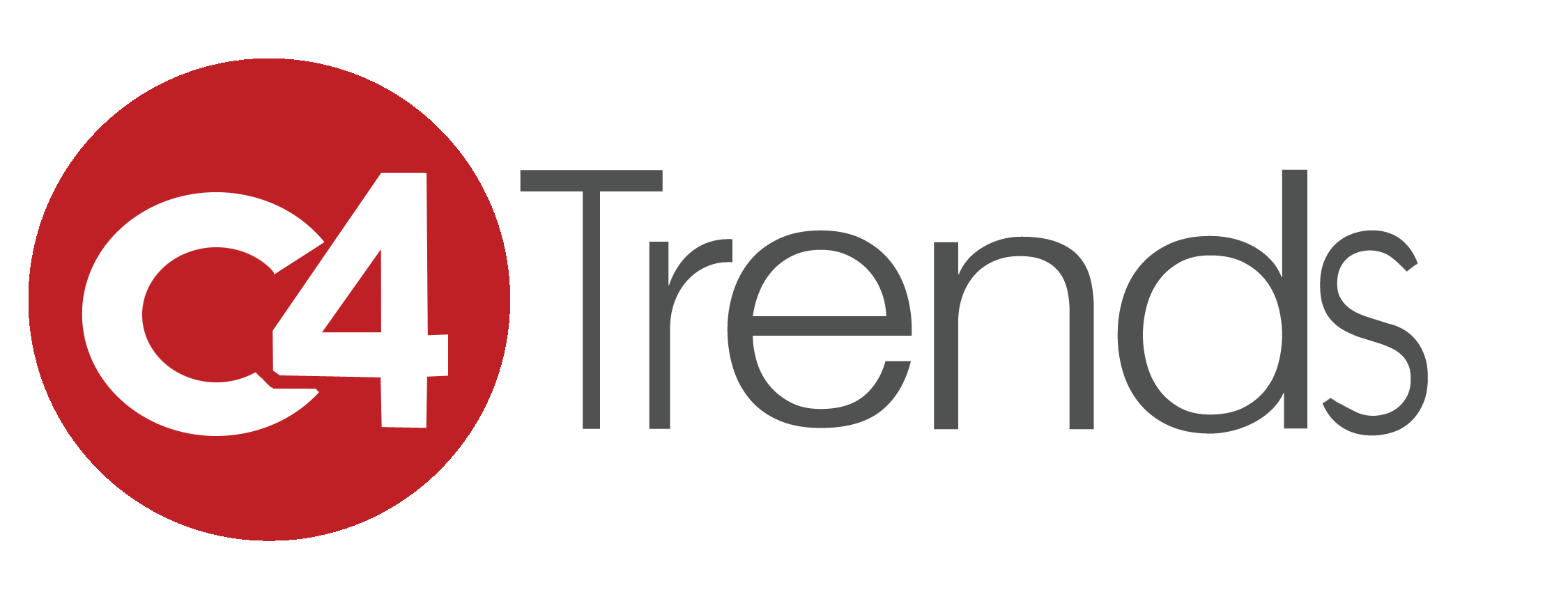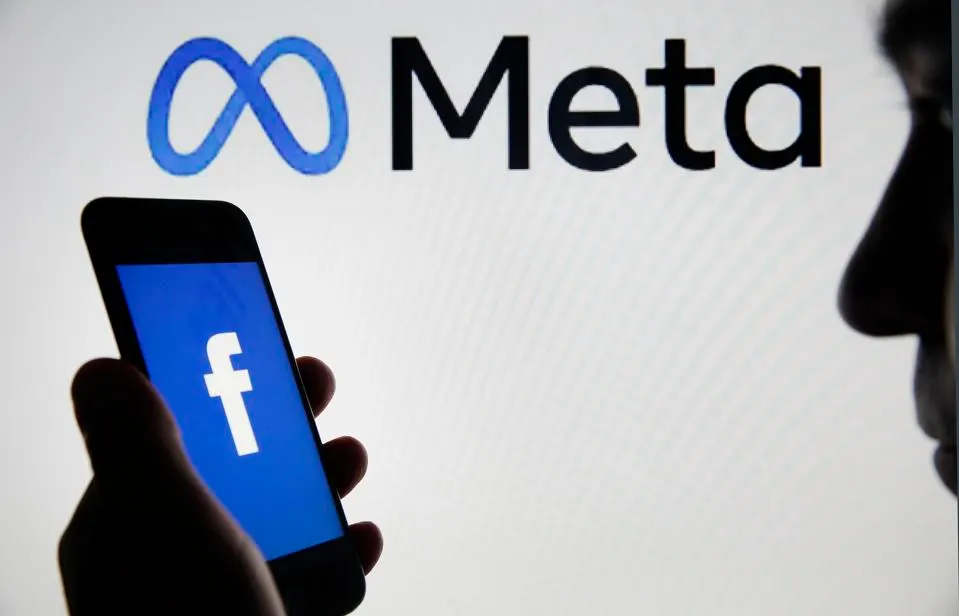Just weeks after 33 states filed suit against the Facebook parent, the attorney generals of New Mexico and Montana have sued Meta, alleging the social network has endangered younger users.
“Our investigation into Meta’s social media platforms demonstrates that they are not safe spaces for children but rather prime locations for predators to trade child pornography and solicit minors for sex,” New Mexico Attorney General Raul Torrez said, announcing the lawsuit last week.
Torrez seeks to fine Meta $5,000 for each alleged violation of New Mexico’s Unfair Practices Act and an order enjoining the company from “engaging in unfair, unconscionable, or deceptive practices.”
Meta responded to the claim in a statement, “We use sophisticated technology, hire child safety experts, report content to the National Center for Missing and Exploited Children, and share information and tools with other companies and law enforcement, including state attorneys general, to help root out predators.”
It also has claimed to have disabled over 250,000 accounts on Instagram for violating these rules.
“With this lawsuit, New Mexico joins 33 other states that have also sued CEO Mark Zuckerberg, Meta and its wholly-owned subsidiaries for allegedly failing to protect children from sexual abuse, online solicitation of minors and human trafficking by sexual predators,” explained Susan Schreiner, technology analyst at C4 Trends.
Profit Driven
While the safety and well-being of children on the platforms should have been the highest priority—that has been far from the case. Instead, the numerous lawsuits argue that the company deliberately designed platforms to hook and addict children and teens, and knowingly produce products and features through its apps.
“It’s a morally bankrupt and cynical strategy that prioritizes revenue and clicks over shielding our most precious, innocent and vulnerable minor populations,” said Schreiner.
This has been business as usual for many of the social media platforms, added Titania Jordan, chief parent officer at Bark Technologies, and co-author of Parenting in a Tech World: A Handbook for Raising Kids in the Digital Age.
Jordan explained that even after the testimony to Congress by whistleblower Frances Haugen—who worked as a manager for Facebook—about the dangerous nature of the platform and how kids were being targeted with unhealthy and unsafe content, very little was done to address the threat.
“If that wasn’t enough, how about the fact that the surgeon general himself issued a warning about the profound risk platforms like Instagram had on kids’ mental health due to their addictive nature,” Jordan continued.
Legislation Seems Unlikely
It would seem for now that even with the lawsuits mounting there will be little to no progress on any meaningful legislation.
“In the U.S., the “Protecting Kids on Social Media Act” is meeting headwinds with objections from privacy advocates who perceive that such laws have less to do with protecting kids than creating digital authoritarian surveillance,” said Schreiner.
While there could be “strength in numbers” given that the majority of states are going after Meta, the company may pay the fines and make few changes, but it could go back to business as usual.
“The pictures and stories need to be told as to how they are ruining millions of lives and costing cities and states multi-millions as governments offer services to deal with the effects of mental health issues such as suicide/prevention, depression, addiction, childhood physical safety, and more,” warned Schreiner.
As with other previous hot-button issues involving children—notably video games—it may be up to parents to more closely monitor their children’s activities. However, this could be far more serious, given the potential dangers that could be just a click away.
“It’s never too early to teach kids about the dangers the Internet poses,” said Jordan.
“Parents need to stress the fact they are a safe place for their children. There are bad people in the world who will continue to try to use social media for evil,” she added. “And even good kids can make bad choices, so it’s imperative for parents to continue to monitor their children online and know what’s going on.”

